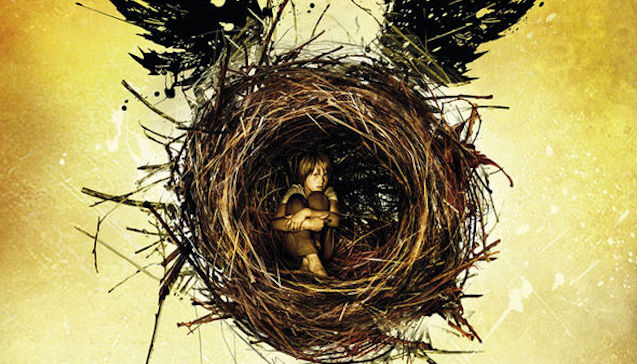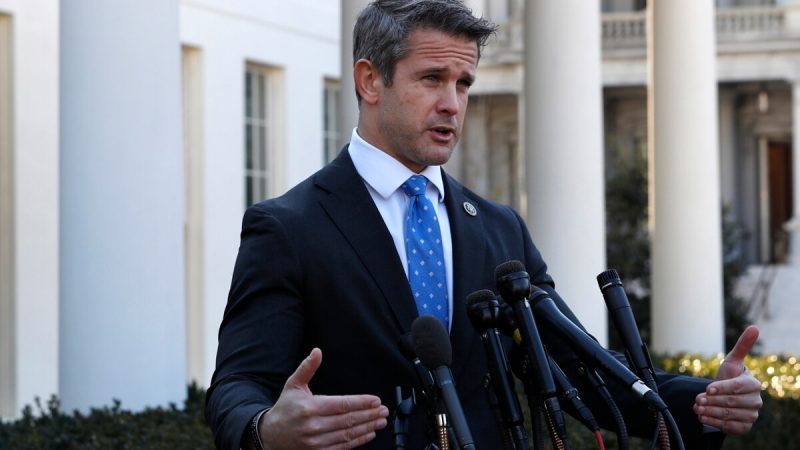‘Harry Potter And The Cursed Child’ And The Fandom That Brought It To Life

A/N [Author’s note]: this review is aimed at Harry Potter fans who have already read Cursed Child. Footnotes are provided, however, for those who are curious about Wizarding culture or need to brush up on details of the fandom. Also, SPOILERS.
Okay, so I did a spoiler-free book review for the muggles[1]. Now it’s time for some real talk, witch to witch (or wizard).
I know you may feel a little betrayed by what you read. The characterization of Harry and Ron, in particular, was hard for me to swallow[2]. And the use of the Diggory family as a plot device without the willingness to dive into character. And where were Neville and Luna? And Teddy and Victoire and James Jr and Lily Jr and Hugo?[3]
Delphi is an evil Mary Sue?[4] Voldemort had sex?[5]
Queerbaiting[6] while also doing major fan service to Drarry[7] shippers?
We have a lot to work through, good and bad. And we will, together. But I want to make one thing clear first.
A lot of people have been complaining that Cursed Child reads like a fanfic. And to them I say: yes, because it is one.
Harry Potter and the Cursed Child is Jack Thorne’s very expensive, highly collaborative, celebrated, and (coincidentally) officially licensed Harry Potter fanfic.
And I want it to be clear that, for Potterheads like myself who have been interacting with the Wizarding world our whole lives, this is a good thing.
This is it. This is what we sought in Harry Potter in the first place. This is acceptance. The whole world is LeakyCon[8] now. That is the only explanation for how Cursed Child got made. We have been legitimized.[9]
Okay, it’s fair to point out that most of us aren’t making money on our fanfiction, and that the work so many fans have done to expand the horizons of race, gender, sexuality, ability and such in the Wizarding world still goes unnoticed (although, hey–Black Hermione!). Maybe some of us can point to under-appreciated fan work that is on equal footing with, or better than, Cursed Child. And it’s true that we are talking about the work of a rich white man here. But let’s talk about what it means that we are a cultural force so huge that fan culture, which we helped bring to its current heights, has become a genuine means of big-name literary and theatrical production.
We can also talk about the particulars of the Harry Potter universe. We can talk about the deeply fraught relationship between Harry and Dumbledore and how it echoes throughout the themes of the play—themes that are not entirely seized upon[10]. We can talk about the experience of being forced to watch James and Lily’s deaths, and whether that was a cheap emotional sucker-punch or a moment of genuine emotional engagement. We can talk, oh can we talk, about the relationship between Albus and Scorpius.
But while we criticize the play—and as we know ourselves, we know we will criticize—let’s keep in mind how incredibly privileged we are to be having this conversation.
This play is ours, because the world is ours, because we made it that way.
Notes.
[1] Muggles [n]: non-magic folk.
[2] It is a fanfiction trope to depict Ronald Weasley as one-dimensional comic relief, a trope much abhorred in the fan community. It is strange to see Thorne indulge this trope, and strange that this version of Ron’s character made it through the rehearsal process that usually sees a given new play’s writing tightened considerably in reaction to actors’ concerns.
[3] These are the names of children of characters from the original books: Teddy Lupin (son of Remus Lupin and Nymphadora Tonks), Victoire Weasley (daughter of Bill Weasley and Fleur Delacour), James Sirius and Lily Luna Potter (Albus Potter’s siblings), and Hugo Granger-Weasley (Rose’s brother).
[4] Mary Sue [n]: a character created to fulfill the wishes of the fanfiction writer, usually a ‘perfected’ version of the writer her- or himself (the male version is Gary Stu, i.e. Batman). See Ebony in the famous, so-bad-it’s-good Harry Potter fanfic My Immortal.
[5] Aside from the frightening logistics of the matter, this is probably the least believable part of the story. A megalomaniac obsessed with immortality, it seems unlikely that Voldemort would consent to allow his child to be born, as children are in literary tradition considered a sign of one’s own mortality and are a threat especially to powerful parents (re: Perseus, for one example).
[6] Queerbait [v]: to tease readers or viewers with the possibility of a homosexual relationship between two characters while safely staying away from making the relationship canon* for fear of alienating non-queer readers. This is an especially harmful practice because it allows straight readers to participate in the enjoyable activity of slash** shipping*** without giving queer readers the real and legitimized representation they need and deserve. The relationship between Albus and Scorpius is already being widely criticized as an example of queerbaiting.
*Canon [adj]: part of the officially licensed universe. For example, Star Wars Episode I: The Phantom Menace is canon while The Battle for Endor is not.
**Slashfic [n]: fanfiction that ships two characters of the same sex together.
***Ship [v]: to support the possibility of a relationship between two fictional characters. For example, a Leia/Han shipper usually prefers The Empire Strikes Back to all other Star Wars movies.
[7] For the uninitiated: Drarry is the ship of Draco Malfoy and Harry Potter. I’ve never fully understood it, but it is an important part of the Harry Potter fan community.
[8] LeakyCon is a convention for Harry Potter fans. The name refers to the Leaky Cauldron, the famous pub that contains the entrance to Diagon Alley.
[9] Of course, one might argue that the Harry Potter fandom was “legitimized” years ago, with the arrival of fan conventions and major midnight book release parties and wildly popular movies and an entire subgenre of fan music known as Wizard Rock. The difference, in my opinion, is that in Thorne we see a Harry Potter fan creator who has become a legitimized, licensed creator within the franchise. This is predated, of course, by fandoms such as Star Wars and Star Trek, but not, I would argue, in quite as mainstream a manner. The kind of fan/creator collaboration represented by Cursed Child is a huge step forward for a fandom that has its roots in the inherently creator-oriented world of literary production.
[10] For example, why does the play end with Harry and Albus at Cedric’s grave, rather than Dumbledore’s–which would have tied the play’s themes together better and been more emotionally effective? And WHY IS CEDRIC BURIED ON HOGWARTS GROUNDS? Help.






